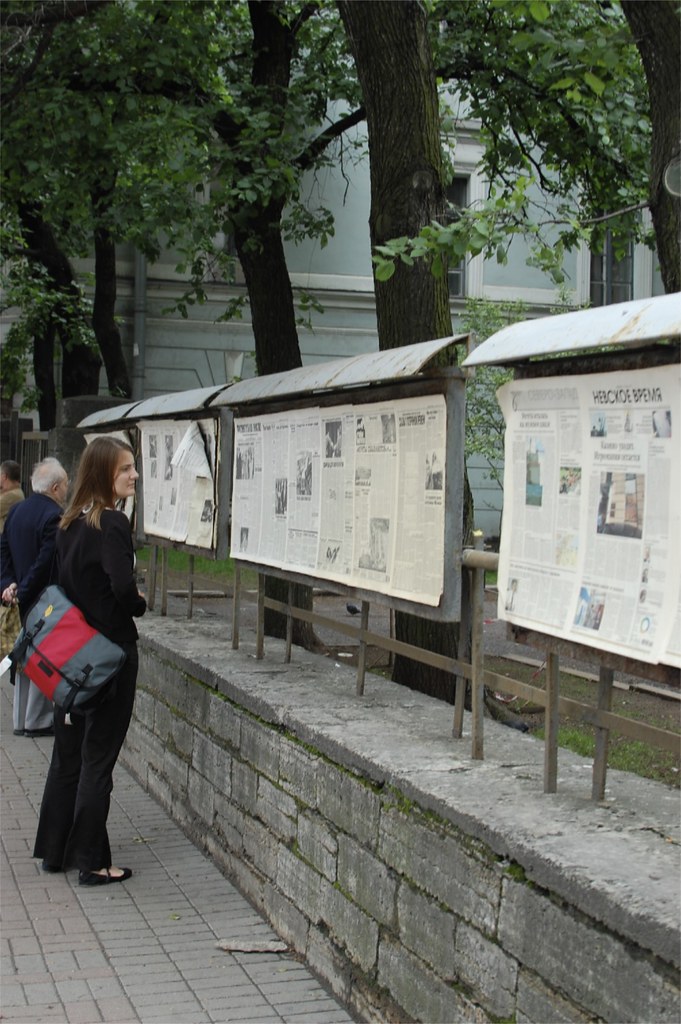India’s rich history and diverse culture have always fascinated people from all around the world. Unveiling the mysteries of India’s history and culture is not only an interesting pursuit but also a vital aspect for those aspiring to crack TNPSC Group 1 Prelims. In this comprehensive guide, we will delve into key aspects of India’s history and culture that are often tested in the exam.
India’s history is vast and varied, spanning several centuries and encompassing numerous dynasties, kingdoms, and empires. To understand the country’s history, it is essential to divide it into different periods. The ancient period, which dates back to around 2500 BCE, witnessed the rise and fall of the Indus Valley Civilization, followed by the Maurya and Gupta Empires. These empires played a pivotal role in shaping India’s political, religious, and cultural landscape.
The medieval period witnessed the arrival of Islamic rulers in India, including the Delhi Sultanate and the Mughal Empire. The Mughals, in particular, left an indelible mark on India’s architecture, art, and culture. The TNPSC Group 1 Prelims often includes questions about significant rulers, wars, and their contributions to the country’s heritage.
Moving on to the modern period, it is essential to understand the struggle for independence against British colonial rule. The exam often evaluates candidates’ knowledge of prominent freedom fighters, key events, and the socio-political environment during the freedom struggle. Additionally, questions may also revolve around the contributions of great leaders like Mahatma Gandhi, Subhas Chandra Bose, and Jawaharlal Nehru.
India’s culture is a melting pot of traditions, languages, religions, and festivals. It is impossible to encompass the entirety of Indian culture in a single article. However, some key aspects can help candidates prepare for the TNPSC Group 1 Prelims. The exam often tests knowledge of classical dance forms like Bharatanatyam, Kathak, Odissi, and Kathakali. Understanding the basic characteristics, themes, and origins of these dance forms is crucial.
Indian art and architecture are another significant facet of the country’s culture. Questions on famous temples, caves, and monuments like Ajanta and Ellora, Khajuraho, and Hampi are common in the exam. Familiarity with the architectural styles, historical context, and key features of these structures is essential.
India’s religious diversity, with Hinduism, Islam, Sikhism, Buddhism, Jainism, and Christianity among the major religions, also plays a crucial role in shaping its culture. Candidates should be well-versed in the basics of these religions, their core tenets, and prominent religious sites.
Language and literature are integral components of any culture. India boasts a rich literary heritage in various languages like Sanskrit, Tamil, Hindi, and Bengali. Candidates should study notable literary works, authors, and poets to excel in the exam.
Local and national festivals like Diwali, Holi, Eid, Christmas, Pongal, and Durga Puja are an integral part of Indian culture. Understanding the significance, traditions, and customs associated with these festivals is essential.
The TNPSC Group 1 Prelims often includes questions related to art and culture, history, and general knowledge about India. Aspirants must go beyond textbook knowledge and explore various sources, including books, online resources, and documentaries, to gain comprehensive insights into India’s history and culture.
The Indian history and culture section of the TNPSC Group 1 Prelims is designed to assess candidates’ understanding of India’s rich heritage and its historical developments. It covers a plethora of topics, including ancient, medieval, and modern Indian history, as well as art, architecture, literature, and cultural practices. It is crucial for aspirants to develop a sound knowledge base in this subject to score well in the exam.
To effectively crack this section, candidates should begin by building a strong foundation of Indian history and culture. It is essential to cover the topics in a comprehensive and interconnected manner. Start with the ancient period and move chronologically through the medieval and modern periods. Ensure that you understand the major historical events, significant personalities, and their contributions during each era.
While studying Indian history, it is equally important to analyze its cultural aspects. Focus on art and architecture, literature, and cultural practices prevalent during different periods. Understand the influence of religion, social structures, and political developments on the art and culture of that time. This comprehensive understanding will help you answer questions related to the impact of historical events on cultural practices and vice versa.
Additionally, always remember to make notes while studying. These notes will serve as a quick reference guide during revision. Highlight key points, jot down important dates, and make connections between historical events and personalities. Visual aids like mind maps and flowcharts can be helpful in organizing the information effectively.
Another effective strategy is to solve previous years’ question papers and mock tests. This will give you an idea about the exam pattern and help you identify the areas where you need more practice. Understand the way questions are framed, the areas they tend to focus on, and the level of detail required in the answers.
To supplement your study material, refer to standard textbooks on Indian history and culture. Some recommended books include ‘India’s Ancient Past’ by R.S. Sharma, ‘The Wonder That Was India’ by A.L. Basham, and ‘A History of South India’ by K.A. Nilakanta Sastri. These books provide an in-depth analysis of the subject while presenting information in a concise and organized manner.




